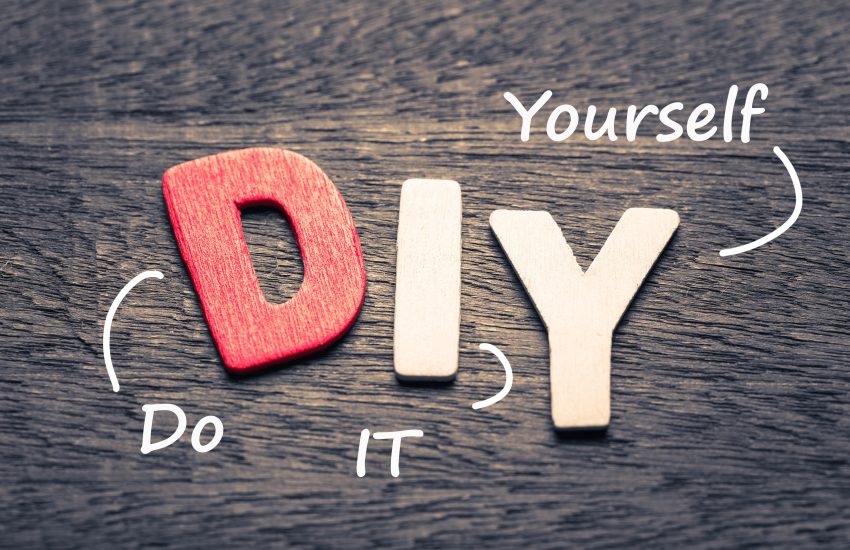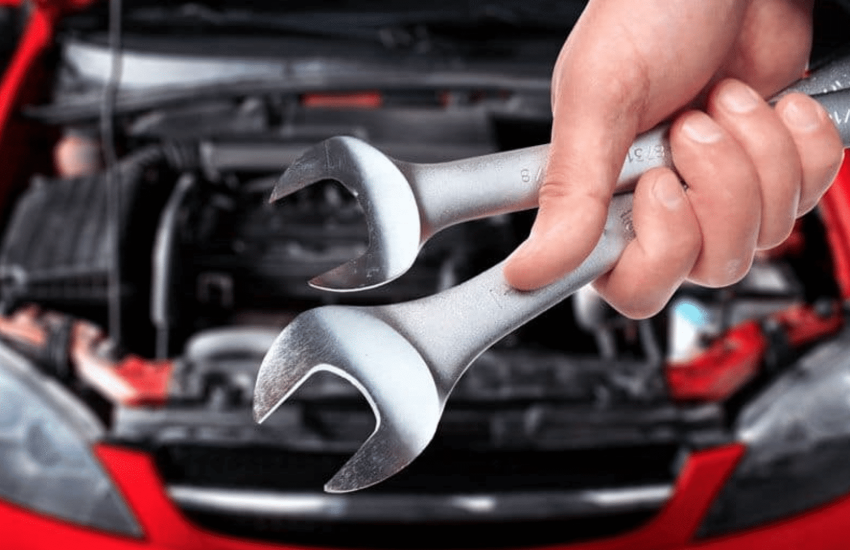Ten Tips for Using Cleaning Goods Without Affecting Your Health
Having a clean house is essential for staying healthy and reducing allergens. Unfortunately, the same chemicals that can help keep a house clean can also harm your health. Certain precautions can reduce the side effects caused by chemicals and cleaning goods. Here are 10 tips to keep in mind to protect your health.
chemicals and cleaning goods. Here are 10 tips to keep in mind to protect your health.
1. Read the directions
The directions on the label contain a wealth of information. It is important to use cleaners and chemicals as directed. The label will contain information regarding the proper use and safety precautions. In particular, pay close attention to the following:
• What surfaces are safe for using the product on
• How to apply the product and how long it should remain on the surface
• How to remove any residue that is left behind
• How much product to use
• Safety precautions and suggestions for protection
2. Know the ingredients
There are many ingredients that are dangerous to your health. It is important to know which ingredients are in any product you use in order to minimize reactions and harm. Most companies voluntarily label their cleaners with the active ingredients although not all ingredients are required to be listed. Some of the most harmful chemicals include bleach, ammonia, xylene, silica, toluene, naphthalene, methylene chloride and phosphates.
3. Use protection
Always use gloves and a mask to protect your skin and lungs. Having a protective barrier can prevent effects like rashes, irritation, burns or allergic reactions. A mask can prevent the fumes from entering the lungs and causing breathing difficulties or irritation. For the harsher chemicals, it is best to always have the area well ventilated. When this is not a possibility, using a respirator can provide additional protection.
4. Avoid fragrances and perfumes
Many cleaning products contain fragrances to make the home smell clean or pleasant. These fragrances can cause additional irritation to the lungs and airways. Fragrances or perfumes in laundry detergent can irritate the skin, especially in young children or infants.
5. Never mix chemicals
Mixing chemicals can have deadly results. Never mix any two chemicals since toxic fumes or burns may result. Combining ammonia and bleach is an especially toxic combination.
6. Be cautious with antibacterial cleaners
Not all bacteria are bad. Antibacterial cleaners will kill all of the bacteria on a surface, good and bad. Additionally, these cleaners may not even kill many of the bacteria that make us sick. While antibacterial cleaners have their place, overuse may actually make people unhealthy by reducing exposure to bacteria that would not normally make them sick.
7. Store cleaning supplies securely
Most cleaning products can harm the environment, children and pets if they are not properly stored. Keep products in locked cabinets in secure and clearly labeled containers. If there is any chance of ingestion or prolonged exposure to the skin, seek immediate medical attention or contact poison control.
8. Dispose of chemicals in the correct manner
Many labels will include instructions on how to dispose of any excess product. If there are no specific instructions, there are some guidelines that you can follow. Generally, water soluble products can be washed down the drain. These are products like laundry detergents, toilet bowl cleaner and soaps. Water soluble cleaners are typically used with water for cleaning. Solid cleaners like wipes and scouring pads can be placed directly in the trash. Other products should be treated as if they are hazardous materials. The best way to find out how to dispose of them is to call the manufacturer for guidance. You may also contact your local waste disposal for instructions on how to handle them. Several municipalities have special dates or locations for hazardous waste drop off.
9. Use products that do not contain toxic chemicals
With rising health and environmental concerns, there are many products that are organic, plant based and free of harmful chemicals. These products are equally effective and do not cause any harmful side effects.
10. Make your own cleaning products
When in doubt, make your own product to tackle even the dirtiest messes. A simple vinegar solution can clean and deodorize virtually any surface. Essential oils can be used for fragrance around the home and lemon oil can polish wood. The advantage of homemade products is that you will always know the ingredients and you can improve the safety of your family.
Being aware of the health risks associated with household cleaners can help find alternatives and prevent serious damage to your health. Protect yourself and your family by taking all the necessary precautions or by switching to an alternative. Chemicals are hazardous to our health and they should be treated with care and caution.
George Baker has done a lot of things on the internet, but most recently is involved with vacuum cleaner bags, spending a lot of his time looking into accessories like Bosch vacuum bags.


Well, I try to avoid chemicals and use natural cleaners such as lemon and grapefruit juice and acv. As for me, this is the healthiest way to clean my house.
Thanks for sharing this informative article. really this is very helpful tips for me.